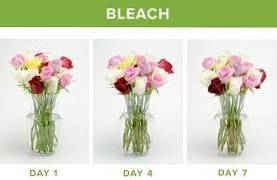Virginia creeper has branched tendrils (L and LC) that cling with strong adhesive disks on the tips (RC and R). Growing on the ground, it forms a ground cover about a foot high, with roots forming at the nodes whenever the vines come in contact with soil.
- Can Virginia creeper roots damage foundations?
- Are Virginia creeper invasive?
- Is Virginia Creeper harmful?
- How do you get Virginia creeper off your house?
- Is it bad to let vines grow on your house?
Can Virginia creeper roots damage foundations?
Self-clinging climbers such as Boston ivy and Virginia creeper (Parthenocissus sp.) do not usually cause damage to wall surfaces, but common or English ivy (Hedera helix sp.) supports itself by aerial roots and where these penetrate cracks or joints they may cause structural damage. Sound masonry is unaffected.
Are Virginia creeper invasive?
Unlike kudzu, Virginia creeper is not on the invasive species list and can be purchased.
Is Virginia Creeper harmful?
Warning: Virginia creeper berries are highly toxic to humans and may be fatal if eaten. Its sap can also cause skin irritation in some people.
How do you get Virginia creeper off your house?
The best product to use on Virginia creeper is diluted glyphosate. Hold the vine away from your body and paint the product on the vine using a foam paintbrush. Be very careful not to get glyphosate on any other vegetation, as it is non-selective and will kill any vegetation that it meets.
Is it bad to let vines grow on your house?
Climbing vines are more likely to cause issues on wood siding and in damp climates; plants like Boston ivy suction onto surfaces with adhesive pads, allowing them to go up and under the wood, trapping in moisture and eventually rotting the fa├¦ade. ...
 Planetagarden
Planetagarden



